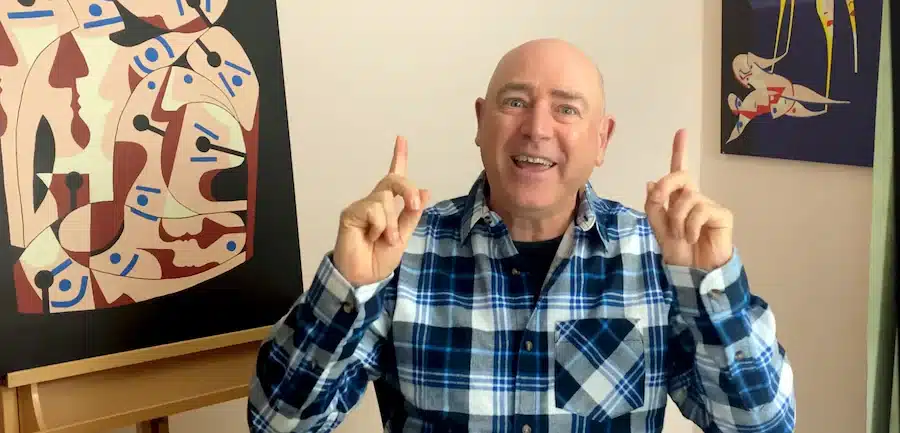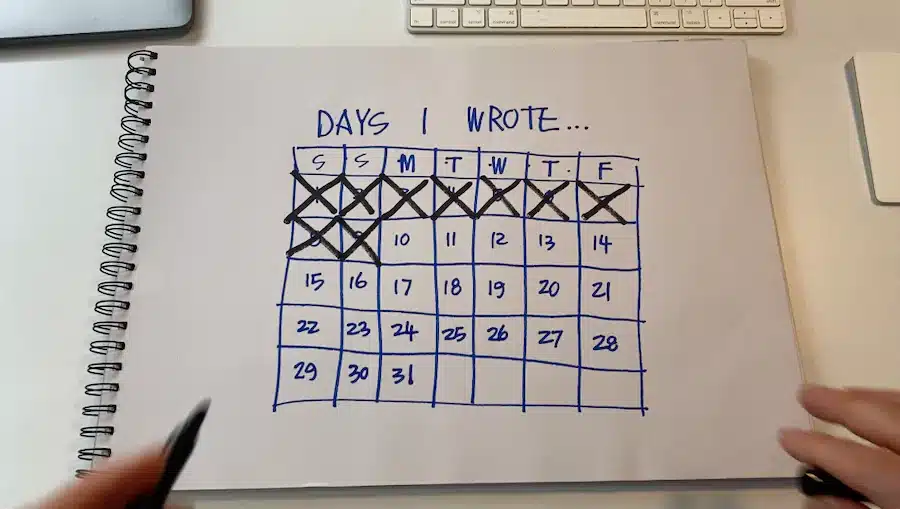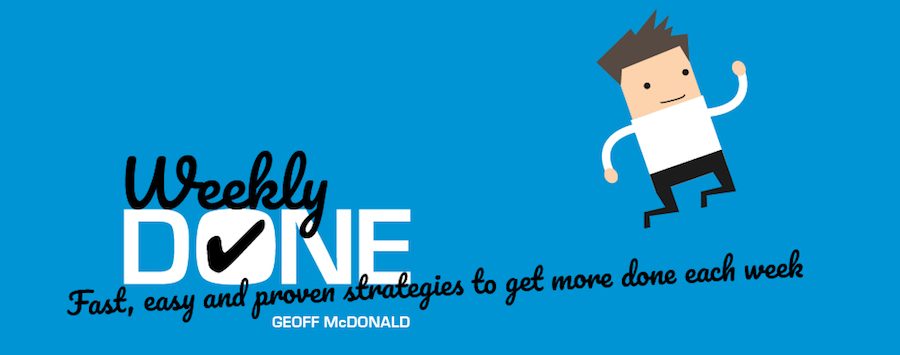The easy way to write your book is to build a writing habit.
A lot of writers start writing books but never finish them. While precise statistics are hard to find, up to 90% of writers start a book but don’t complete it. That’s not good because it means 9 out of 10 people who start out writing a book never finish.
My Book Writing Successes and Failures
And I know how that feels. While I’ve finished 12 books, I also have over 20 half-written books that I’ve never finished.
The most disappointing part of this is that I put a lot of time into writing those books. But given I didn’t finish them I had nothing to show for my efforts.
You don’t want that to happen to you.
So I know both sides of this – finishing a book and not finishing a book. So what works best?
Why You Need to Build a Writing Habit
Writing a book takes time – 3 months to 12 months is normal. It follows that finishing writing a book means you need to be consistent with your writing efforts over time. And given it takes time your motivation will go up and down. This is why building momentum is so important.
And it’s why the easy way to write and finish your book is to build a writing habit.
So, what’s the best way to build a writing habit?
Five Tips to Build a Writing Habit
Here are my five best tips to help you build a writing habit to finish your book.
Plus, I’ll share how I wrote two books in six months by building a writing habit.
1 Project Plan
First, you need to have a plan for what you’re writing. Is it a book? Fiction or Non-Fiction? A journal? Plus, you want to include a short Book Writing Project Statement on why you’re writing this.
This will be handy for those days when your energy and motivation flag.
My big tip here is to keep this to 100 words. Yep, 100 words. That’s super short – only two sentences.
Here’s my example: I am writing a non-fiction book called Ideas Marketing (working title). I am writing this because it’s a great idea that could be helpful to others.
What is it? And why are you writing it?
2 What is your habit?
Next, you want to define the specific habit you want to build.
It’s too vague to say ‘My habit is to write’ because you’ll never know if you did it or not. You need to be specific.
For writers, the big choice is between writing a set number of words each day or writing for a specific amount of time per day.
Most fiction writers talk about writing a set amount of words per day. This means that you keep going until you finish your quota. The upside here is you get words written. The downside is how long this will take you. On a good day, it might be an hour. On a not-so-good day, it might be two hours. It’s hard to plan other things around this.
My preference is to write for a set time each day. This way I know how long to allocate for my writing which means it’s easier to fit into my schedule. The downside is that some days I get a lot done and on other days not so much.
You choose what works for you. And if you’re not sure, pick one and test it out. Then pick the other and test it out.
3 When will you do your habit?
A crucial part of building a writing habit is to have a trigger or a prompt for when you take action. Again there are two choices.
You can set a specific time of day. For instance, 8 a.m. I like this approach – especially to do my writing first thing in the morning when I have the most control over my activities. Often writers will write before their household wakes up and before work commitments eg phone calls start happening.
The second approach is to do your writing after you have done something else. For instance, you might:
- Write after your morning shower
- After you make coffee
- Or after you drop the kids off to school
Which is best will depend upon the other commitments you have in your life and how you manage them the best.
4 How will you celebrate?
The goal of creating a writing habit (or any habit) is to wire it into your brain so it becomes automatic and you don’t have to think about doing it.
The best way to do this is to celebrate when you complete your habit. This connects what you just did (writing) to a feeling in your brain so that you will want to do more of it in the future.
An effective celebration is an emotional one. It can be as simple as a fist pump, something you say (eg I did it), a big smile on your face or all three in one combo sandwich. (I wrote more about how to celebrate the right way here).
5 How will you measure your progress?
The fifth element in building a writing habit is having a simple scoreboard. You want to count how many days you write in a row. Crossing this off each day will create a visual measure of the progress you’re making. And this will boost your motivation and your feeling of success.
Jerry Seinfeld famously said ‘Don’t break the chain’. He wrote comedy ideas every day and when he finished he crossed off the day on a wall calendar. Visually, this created a chain of crosses on his calendar showing the progress of his writing habit.
To create your scoreboard, you can print out a calendar page or draw one by hand as I did.
How I wrote two books in six months
My best result from building a writing habit was writing my book, Weekly Done. The book contains 52 pages of productivity techniques to help you get more done.
My daily habit was to write and design a single page. Each day, I went to a local coffee shop and wrote for about an hour.
And I wrote the whole book from start to finish in only 3 months.
But the best bit was yet to come. Because I’d built a writing habit, I wrote a second book, Weekly Done 2, from start to finish in a further 3 months.
That’s two books in six months writing about one hour a day. This shows what’s possible when you build a writing habit.
More on How to Build a Writing Habit
If you want more on how to build a writing habit to get your book finished, then read these posts next:
- Everyone tells you to set goals. But this is better – Four reasons from James Clear, author of Atomic Habits, why you need to build habits.
- Never Again? 30-Day Pomodoro Technique Challenge – The Pomodoro Method is a great example of what a writing habit might look like.
- How to Build Habits: Step-by-Step Guide for Success – More details on how to build a habit from the master of habits, Dr BJ Fogg.







